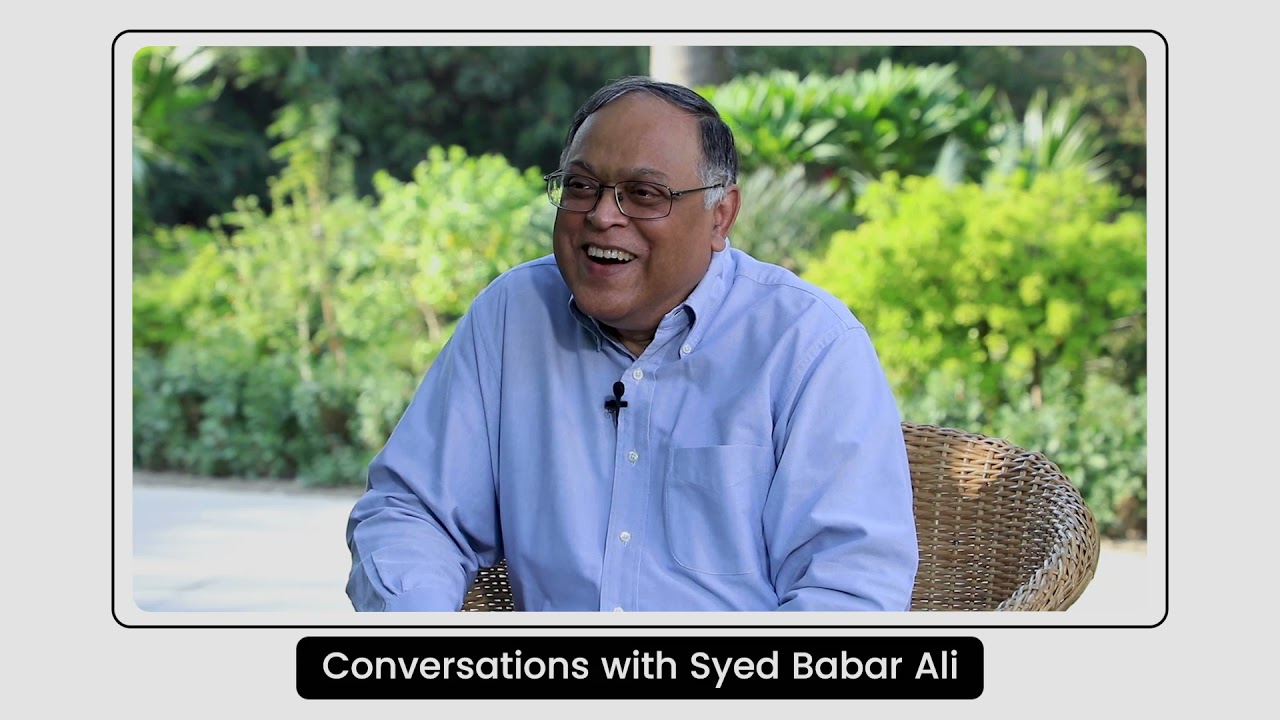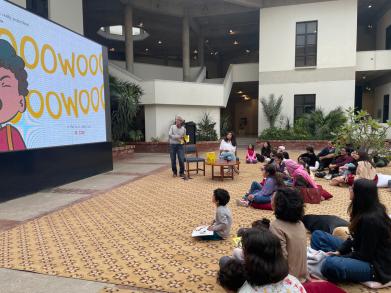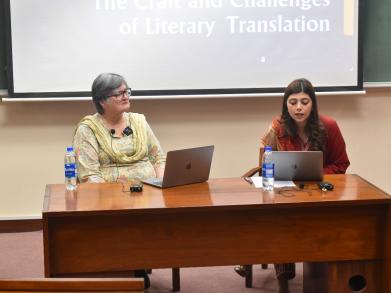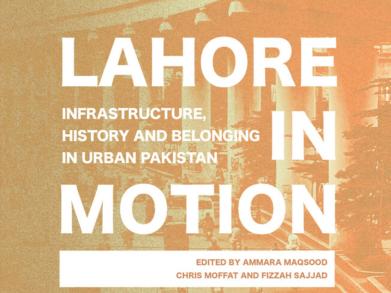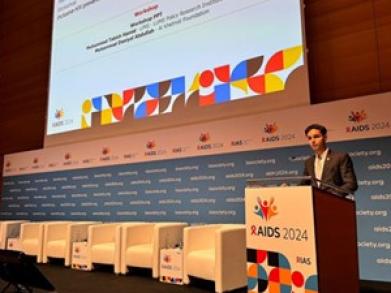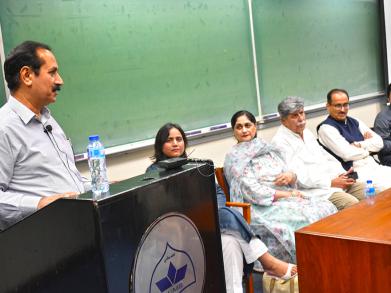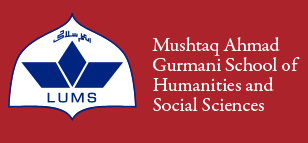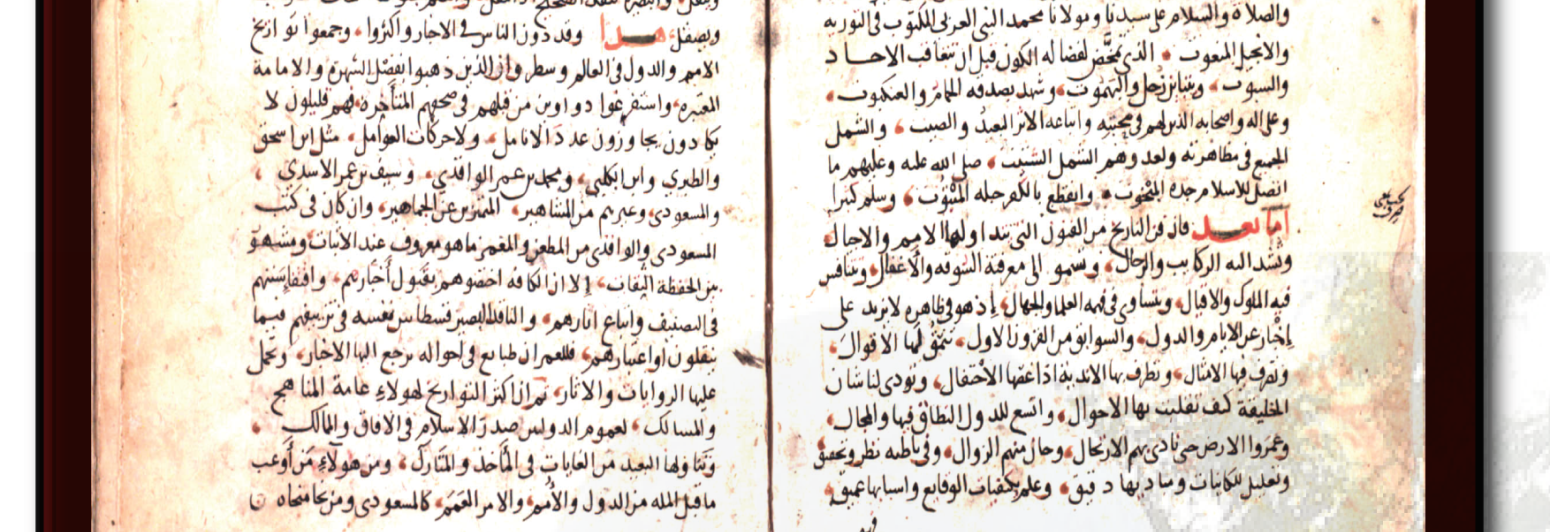
to
Abstract
The historian and theorist ‘Abd al-Raḥmān Ibn Khaldūn (1332–1406) was frequently invoked by Muslim intellectuals in colonial South Asia. Yet scholars have questioned the “authenticity” of their indigenous readings, instead crediting Ibn Khaldūn’s popularity in the region to Orientalists and Westernized local intellectuals. Contesting these impressions, I argue that for over a century, indigenous intellectuals read, translated, and appropriated Ibn Khaldūn on their own terms as a resource for responding to various crises of colonial modernity. Ibn Khaldūn’s ideas provided inspiration for modern Muslim nationalism, validation for sectarian convictions and the rhetoric of Islamic reform, and resistance against colonial and Hindu revivalist narratives of despotic Muslim rule of India.
Bio
Baqar Hassan Syed is a scholar of Islamic intellectual history with a primary interest in premodern traditions of Islamic historiography, as well as the reception of these traditions in modern Muslim societies, particularly in colonial and postcolonial South Asia. His research examines the construction, repetition, and re-working of historical narratives in the interest of varied cultural projects in Muslim societies. In his Ph.D. dissertation, “Ibn Khaldūn: His Idea of History and its Reception in South Asia,” Syed studies the ideas of the historian and theorist ‘Abd al-Raḥmāṉ Ibn Khaldūn (1332–1406) in the context of medieval commentarial traditions. He also examines Ibn Khaldūn’s reception in modern South Asia.


